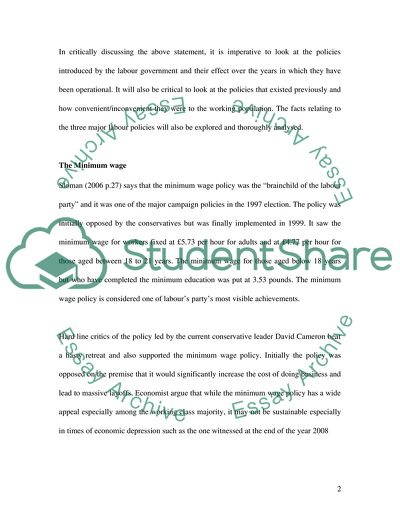Cite this document
(“Effect of Legislative Change Introduced by Labour Governments Research Paper”, n.d.)
Effect of Legislative Change Introduced by Labour Governments Research Paper. Retrieved from https://studentshare.org/law/1725132-critically-comment-on-the-above-statement-with-reference-to-effect-of-legislative-change-introduced-by-labour-governments-since-1997-in-relation-to-one-or-more-areas-of-individual-employment-rights
Effect of Legislative Change Introduced by Labour Governments Research Paper. Retrieved from https://studentshare.org/law/1725132-critically-comment-on-the-above-statement-with-reference-to-effect-of-legislative-change-introduced-by-labour-governments-since-1997-in-relation-to-one-or-more-areas-of-individual-employment-rights
(Effect of Legislative Change Introduced by Labour Governments Research Paper)
Effect of Legislative Change Introduced by Labour Governments Research Paper. https://studentshare.org/law/1725132-critically-comment-on-the-above-statement-with-reference-to-effect-of-legislative-change-introduced-by-labour-governments-since-1997-in-relation-to-one-or-more-areas-of-individual-employment-rights.
Effect of Legislative Change Introduced by Labour Governments Research Paper. https://studentshare.org/law/1725132-critically-comment-on-the-above-statement-with-reference-to-effect-of-legislative-change-introduced-by-labour-governments-since-1997-in-relation-to-one-or-more-areas-of-individual-employment-rights.
“Effect of Legislative Change Introduced by Labour Governments Research Paper”, n.d. https://studentshare.org/law/1725132-critically-comment-on-the-above-statement-with-reference-to-effect-of-legislative-change-introduced-by-labour-governments-since-1997-in-relation-to-one-or-more-areas-of-individual-employment-rights.


